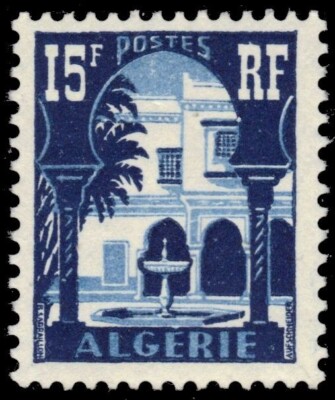Algeria’s Strategic Transformation: Energy Innovation and Global Partnerships Define New Era

A Nation at the Crossroads of Change
Algeria is currently implementing a comprehensive transformation of its energy sector, focusing on a balanced mix of renewable energy, green hydrogen, and traditional oil and gas development. The government has identified the energy sector as a strategic driver of socioeconomic growth, establishing a new Ministry of Energy Transition and Renewable Energies to drive foreign investment and diversify its energy mix.
Ambitious Energy Diversification
The country has set ambitious targets through its National Program for the Development of Renewable Energies, aiming for a 30% renewable energy share by 2035, equivalent to 15,000 MW. The strategic plan includes adding 22 GW of renewable energy by 2030, comprising solar photovoltaic (13.5 GW), wind (5 GW), concentrated solar power (2 GW), and biomass (1 GW).
One of the most ambitious elements of Algeria’s strategy is its goal to become a global hub for hydrogen development. The country aims to meet 10% of Europe’s green hydrogen demand by 2040 through the SoutH2 Corridor, a 3,300-km hydrogen pipeline connecting North Africa to Italy, Germany, and Austria. This commitment is reinforced by recent agreements between state-owned companies Sonatrach, Sonelgaz, and European partners, emphasizing the potential for green hydrogen in Algeria’s future economy.
International Relations and Economic Growth
The United States has emerged as one of Algeria’s top trading partners in the Middle East/North African region. According to the Algerian Investment Promotion Agency, the US was the top source of Foreign Direct Investment (FDI) into Algeria as of 2024, providing 29 percent of total FDI, primarily in the hydrocarbons sector.
As the largest African country and third-largest Arab economy, Algeria has recently moved back to the upper-middle income category under the World Bank’s classification. While the country has made significant economic and human development advances over the past two decades, its main challenge remains the high dependency on hydrocarbon revenues, which accounted for 14 percent of GDP, 83 percent of exports, and 47 percent of budget revenues between 2019 and 2023.
Looking Ahead
Despite its push toward renewables, Algeria is not abandoning its traditional energy sector. The government has launched a 2024 bid round and is investing $50 billion in oil and gas projects through 2027. Approximately 71% of these funds will go to exploration and production, 18% to petrochemical projects, 5% to gas liquefaction, and the remainder to the national pipeline network.





